Portfolio
 |
Sectoral Climate Services: EcosystemsThe resilience of many ecosystems is likely to be exceeded by 2100 due to an unprecedented combination of changes in climate, associated disturbances such as floods and droughts, and other global change drivers, for example, land-use change and overexploitation of natural resources. Developing countries are especially prone to rapid ecosystem degradation and thus the loss of related regulating services that are particularly critical for climate change adaptation and disaster risk reduction. |
|
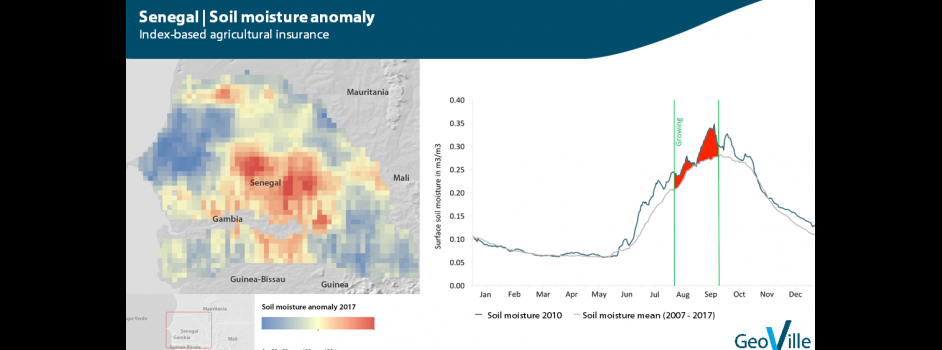 |
Sectoral Climate Services: AgricultureIndex-based insurance is an effective way to build agricultural resilience to climate variability and change, covering risks at various levels. Especially in developing countries insurance products and services protect farmers against losses from climate shocks, helping to cope with severe weather risks and optimize production. |
|
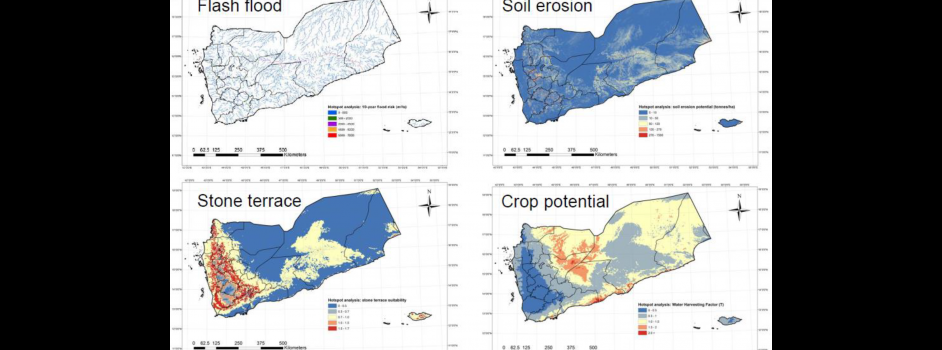 |
Sectoral climate services: InfrastructureDevelopment organisations, humanitarian agencies and governments are faced with tough decisions about how to prioritise measures to reduce risks to infrastructure and settlements driven by extreme climate-related events. This process is particularly challenging in data-sparse regions with few surface-based meteorological and hydro-meteorological stations, gaps in datasets, and complex topography. |
|
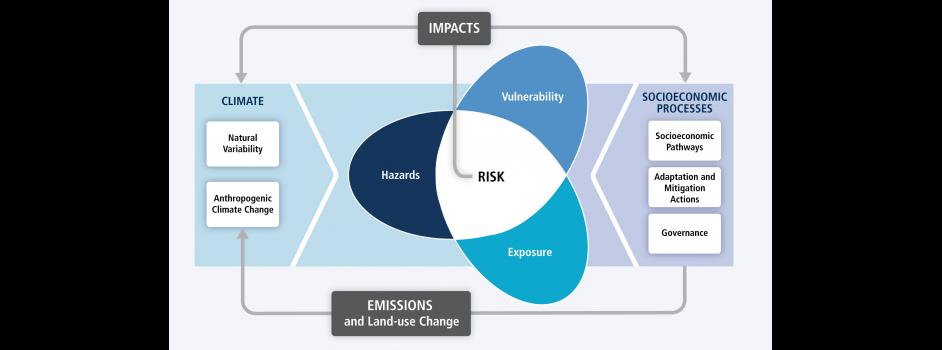 |
Indicators for Climate Change Risk ScreeningIn its 5th Assessment Report, the IPCC put the focus of effective adaptation on a comprehensive understanding of climate change risk. Its risk concept brought climatic and socioeconomic processes together in an effort to capture all the relevant dimensions of climate risk management. |
|
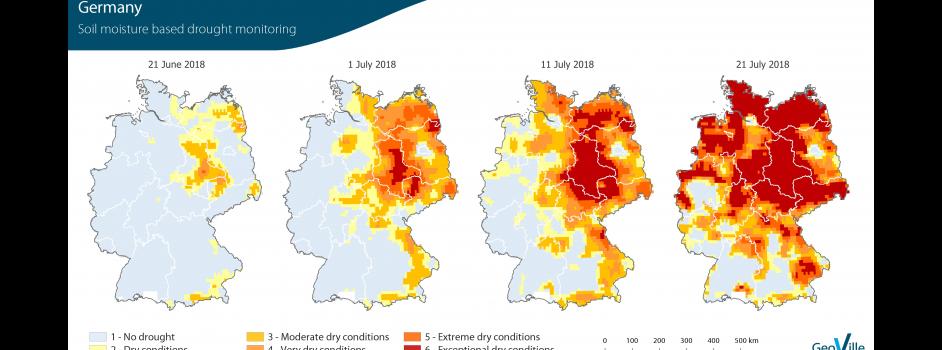 |
Monitoring of Climate Change Impacts: extreme eventsAs opposed to slow-onset events, extreme weather and climate-related events have very obvious and dramatic sudden impacts. Extreme events include hazards such as heatwaves, extreme rainfall, tropical cyclones, droughts, floods and wildfires |
|
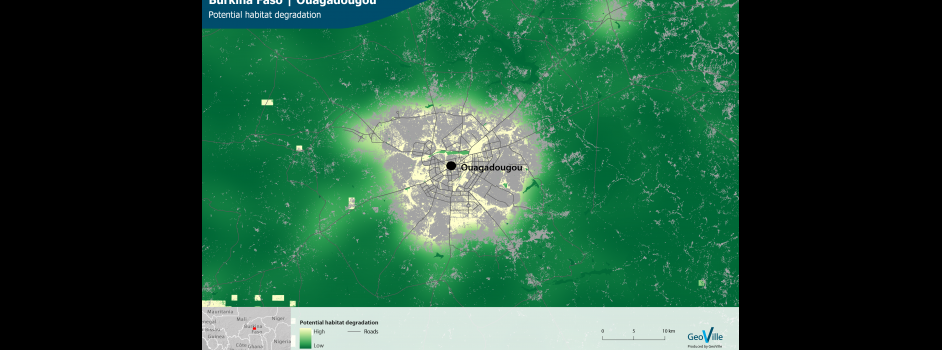 |
Monitoring of Climate Change Impacts: slow-onset eventsClimate-related slow-onset events are very dangerous but their full impact potential can take decades to manifest. The UNFCCC Cancun Agreements (Decision 1/CP.16) identify eight slow-onset events: desertification, glacial retreat and related impacts, land and forest degradation, loss of biodiversity, ocean acidification, salinisation, increasing temperatures and sea level rise. |
|
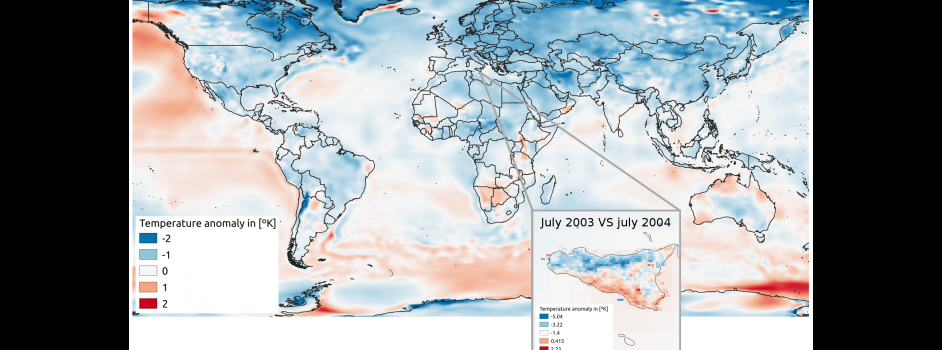 |
Provision of Essential Climate VariablesTo support the work of the United Nations Framework Convention on Climate Change (UNFCCC) and the Intergovernmental Panel on Climate Change (IPCC), the Global Climate Observing System (GCOS) created a list of key parameters of the Earth system, known as Essential Climate Variables (ECVs) to meet the climate information needs of the scientific community. |

